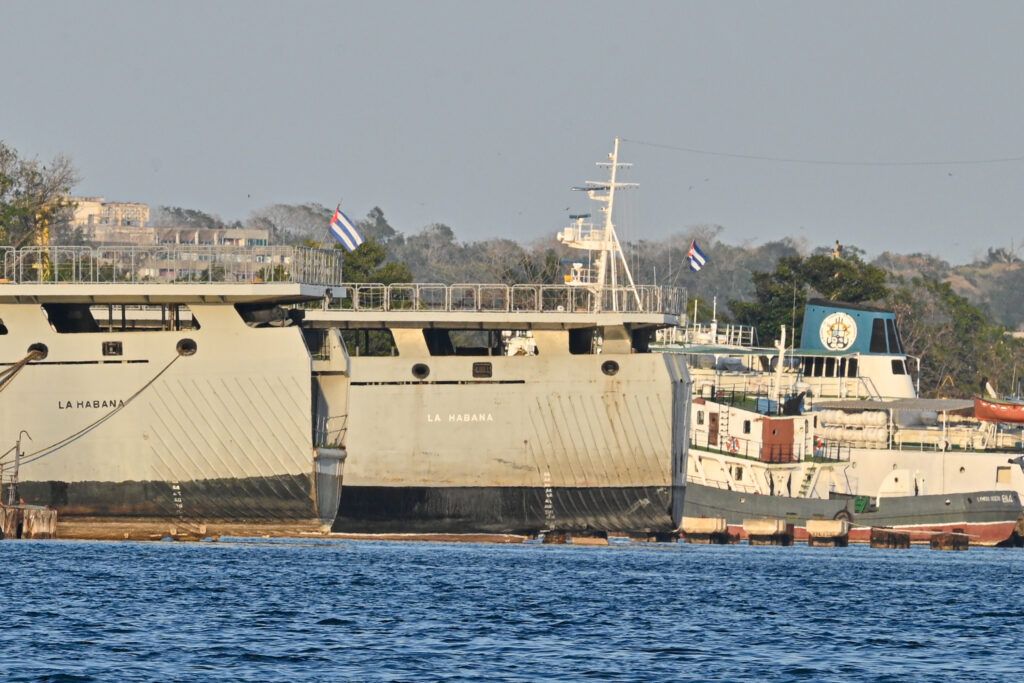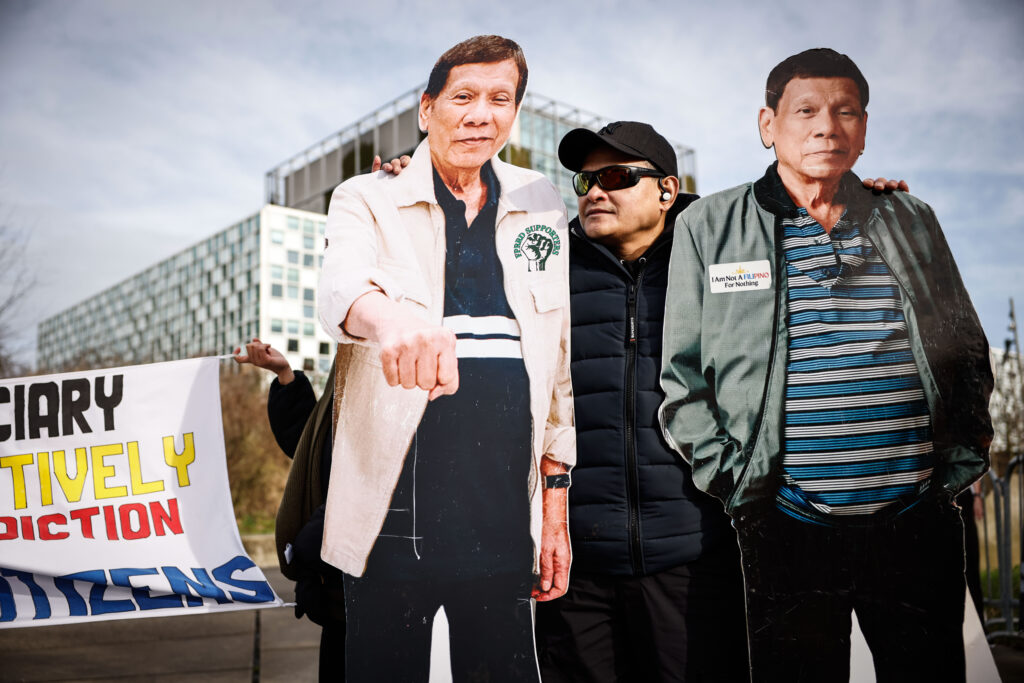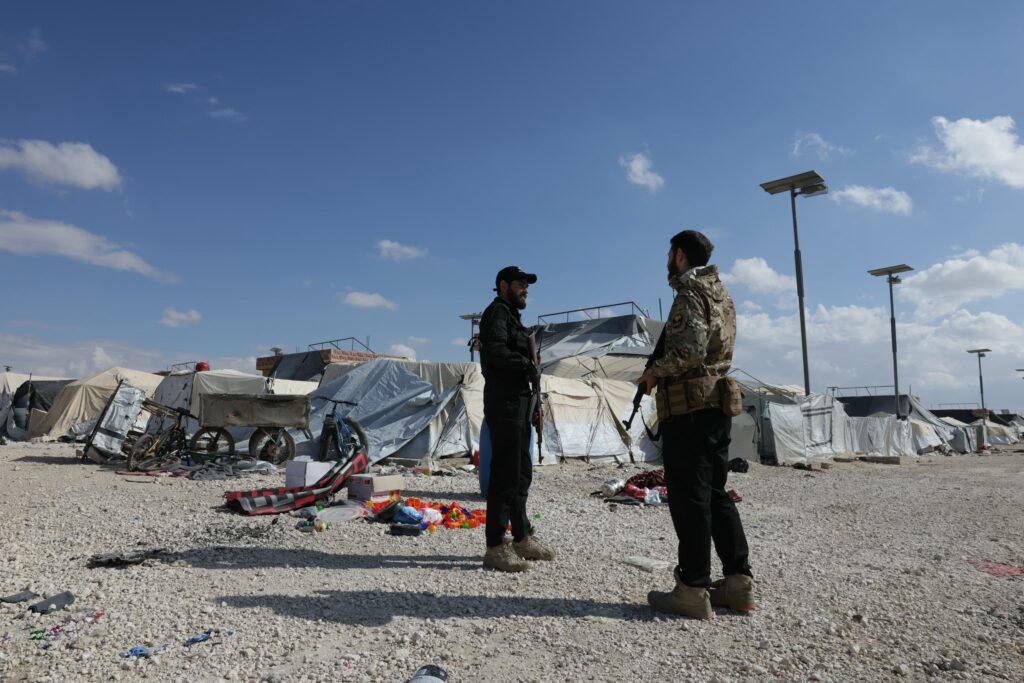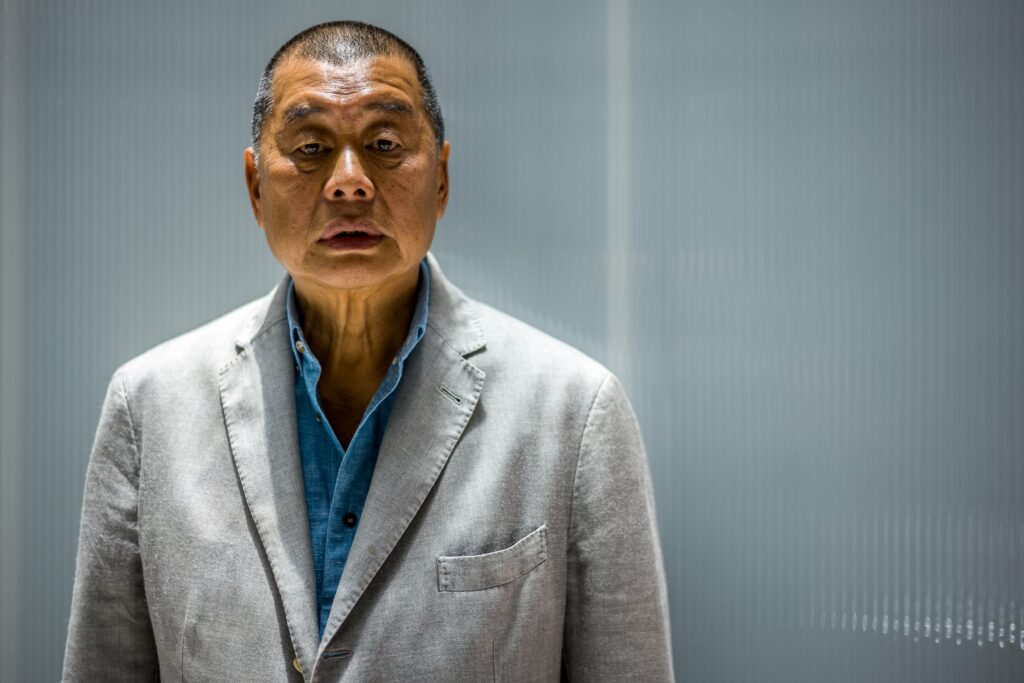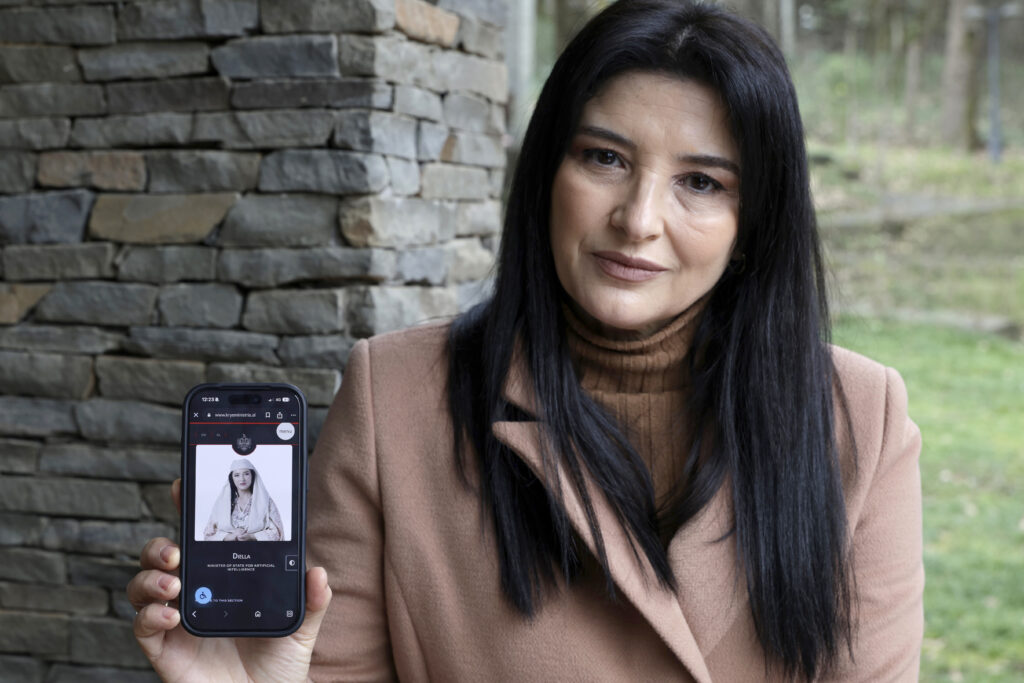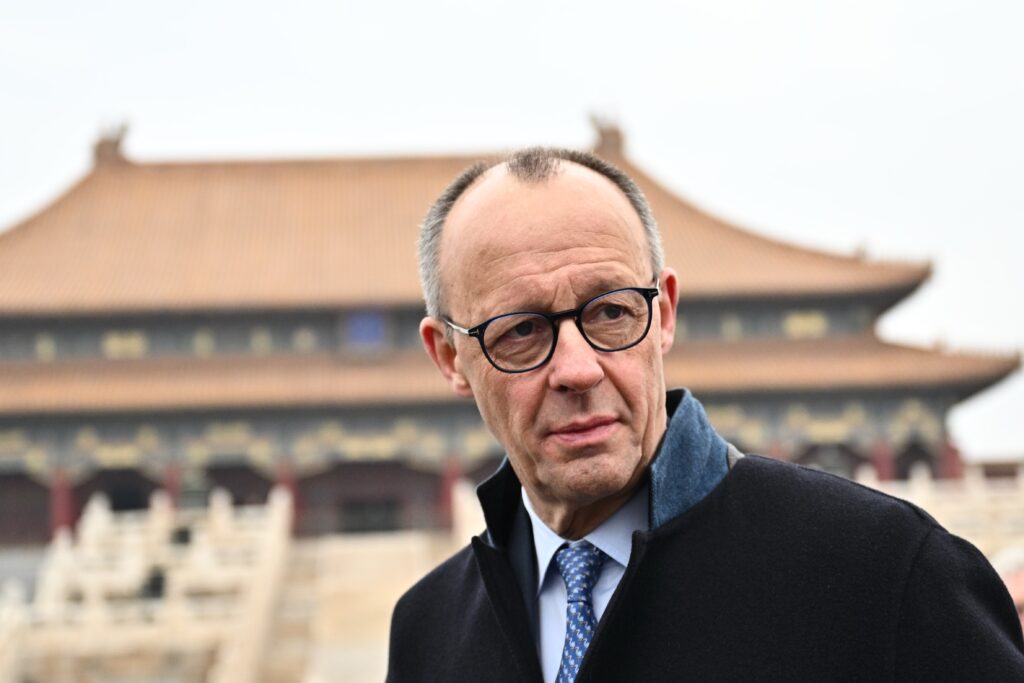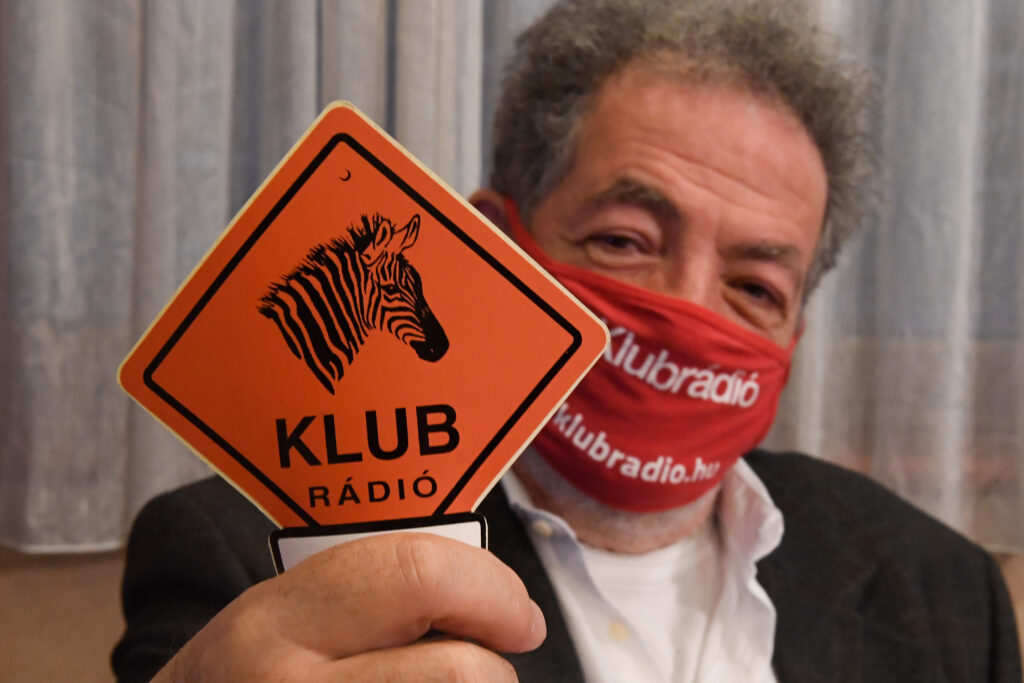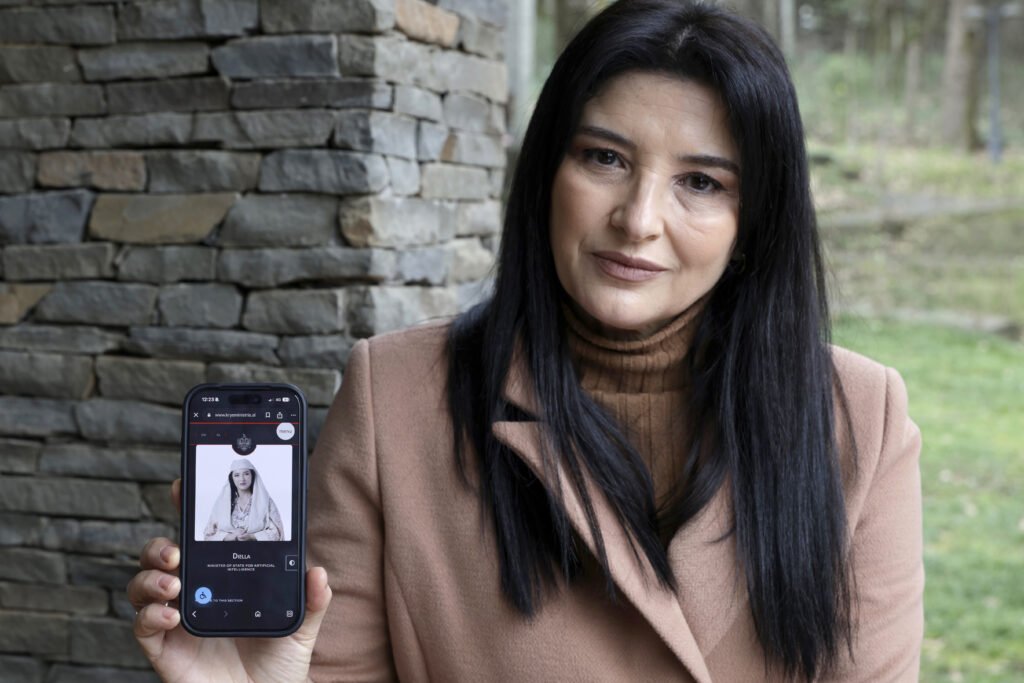Cuba vows to counter ‘terrorist’ attacks after clashing with US-based boat
Cuba vowed Thursday to defend against “terrorist and mercenary” attacks after reporting it had killed four gunmen on a US-registered boat — a bloody incident that added to deepening tensions between Havana and Washington.President Miguel Diaz-Canel denounced Wednesday’s incident as an attempted “infiltration” and said “Cuba will defend itself with determination and firmness against any terrorist and mercenary aggression against its sovereignty and national stability.”Cuban authorities said their forces responded after coming under fire from a Florida-registered speedboat just off the communist island’s north coast.Four of the alleged assailants were killed and six wounded, the interior ministry said. All aboard were Cubans living in the United States, according to the ministry.The survivors were detained and are accused of intending to “carry out an infiltration for the purposes of terrorism,” the ministry said, reporting that assault rifles, handguns, Molotov cocktails and other military-style gear were seized.US Secretary of State Marco Rubio said Washington had nothing to do with the clash and would “respond accordingly” after investigating.The attorney general of Florida, which lies about 100 miles (160 kilometers) from Cuba across the Florida Straits, also ordered an investigation into the killings.The Cuban interior ministry has released what it says are the names of seven of the people on the boat and said most of the 10 aboard had records in Cuba for “criminal and violent activity.”Another man sent from the United States to take part in this operation was arrested on Cuban soil and confessed, it added.The Cuban government frequently reports incursions by speedboats from the United States into its territorial waters but deadly clashes are rarer.Incursion incidents are often related to people-smuggling to the United States or drug trafficking, and have included chases, shootouts and armed attacks on border guards.- Venezuelan oil -The latest clash comes as Cuba is reeling from US economic pressure.Cuba’s communist government lost one of its key diplomatic supporters — and a vital source of fuel for the country — in January when US forces toppled Venezuelan leader Nicolas Maduro, effectively taking control of Venezuelan oil exports.The country had relied on Venezuela for about half of its fuel needs.Amid an outcry from Caribbean leaders, worried that starving 9.6 million Cubans of oil would cause the economy to collapse, the Trump administration said it would allow limited shipments of Venezuelan oil for “commercial and humanitarian use.”The announcement came during a summit of Caribbean nations attended by Rubio, a Cuban-American who has spent his career calling for the downfall of Havana’s communist leadership.The US Treasury Department said the Venezuelan oil would need to go through private businesses and not the Cuban government or the military apparatus that controls much of the island’s economy.Mexico on Tuesday dispatched two military vessels carrying nearly 2,200 tons of aid to the island — its second aid shipment in under a month.Canada also announced Can$8 million ($5.8 million) in aid on Wednesday.burs/sms/acb
